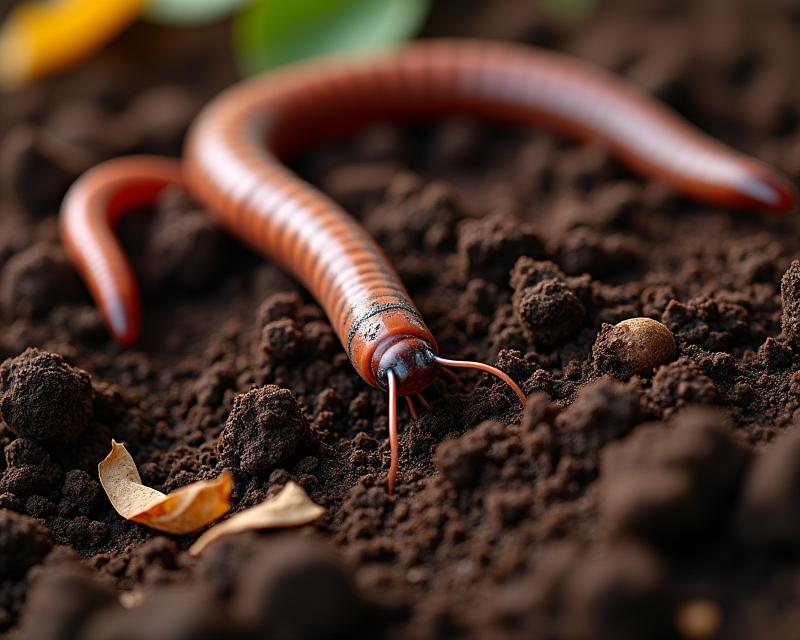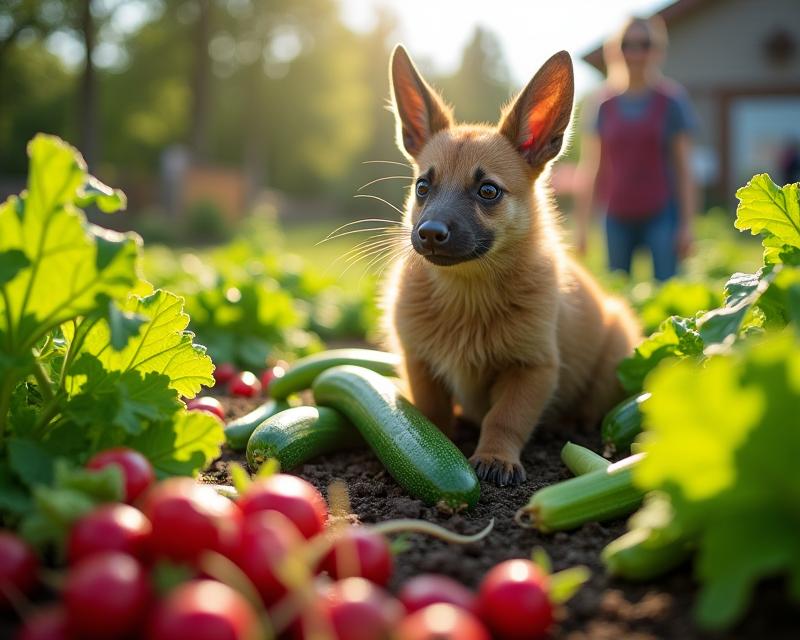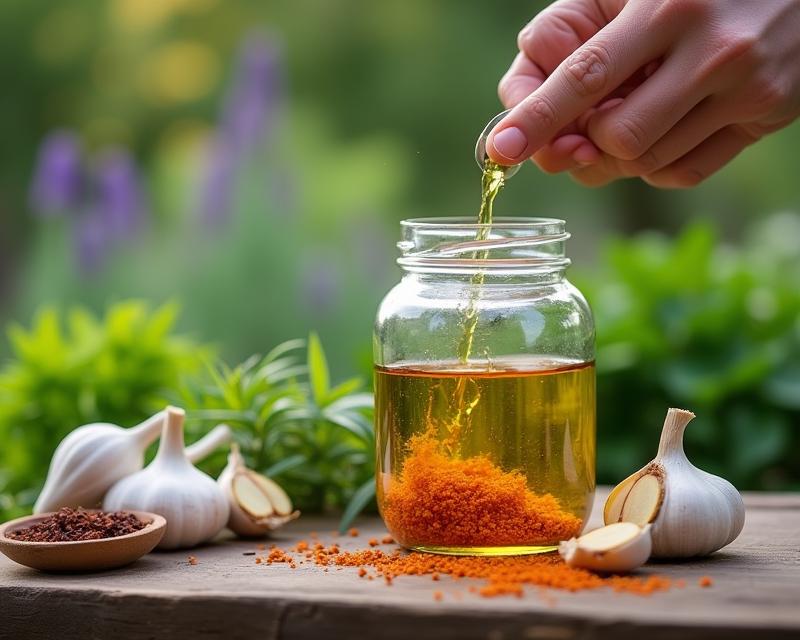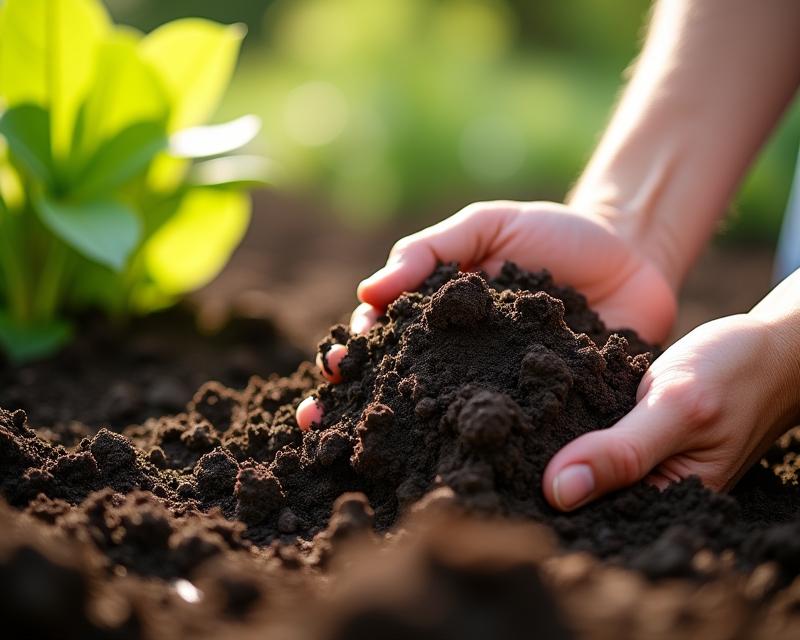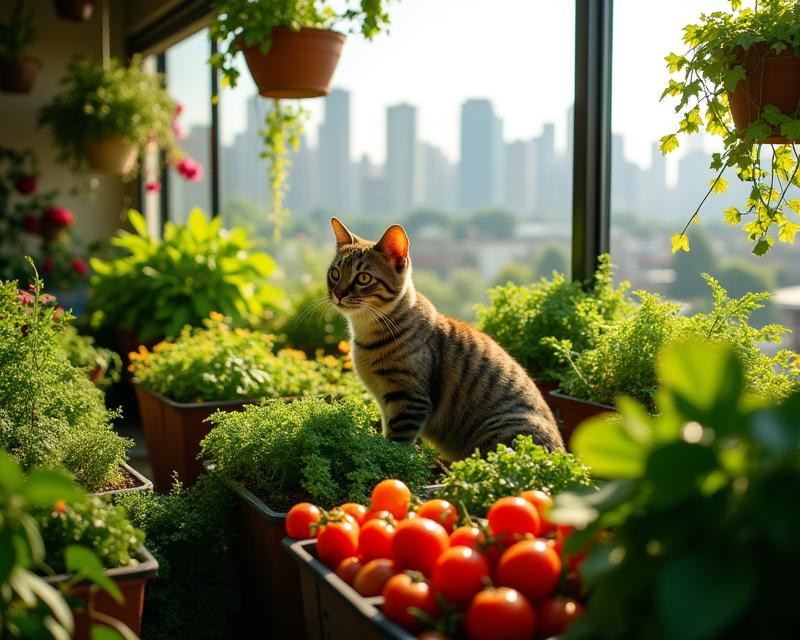Container Tomatoes: Organic Success!
Publish in Organic Gardening & Farming el 06/07/2025 18:00
Container Tomatoes: Organic Success!
Growing juicy, flavorful tomatoes isn't just for sprawling fields! You can absolutely cultivate a bountiful tomato harvest right on your patio, balcony, or even a sunny windowsill. And the best part? You can do it using only organic fertilizers, keeping your tomatoes healthy and your garden eco-friendly. This guide will walk you through a simple, effective feeding schedule to ensure your patio tomatoes thrive.
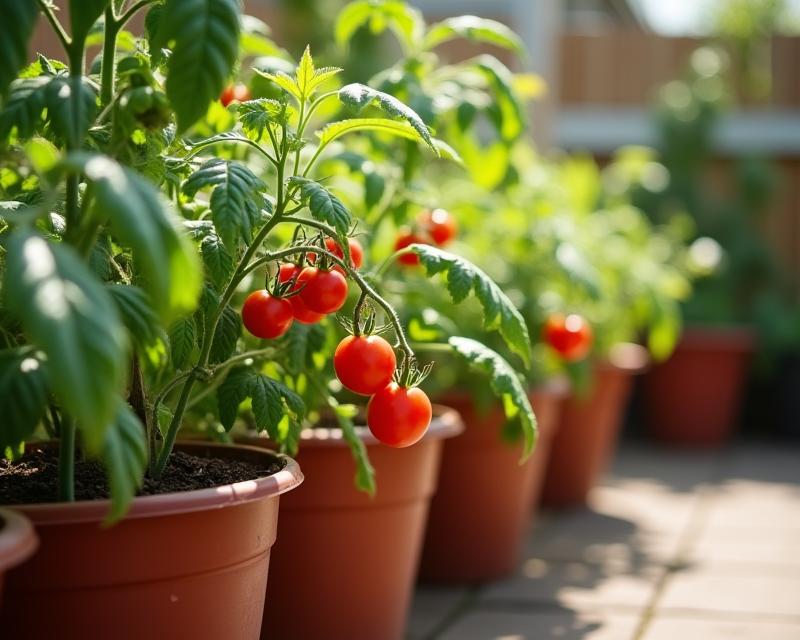
Getting Started: The Right Container & Soil
First things first, choose the right container. Aim for pots that are at least 15 gallons in size – larger is generally better for tomatoes! Ensure your container has excellent drainage. Next, ditch the conventional potting mix. Opt for a high-quality organic potting mix specifically formulated for vegetables. These mixes usually contain compost, peat moss, and perlite, providing the essential nutrients and drainage your tomatoes need. A good starting point is to amend your potting mix with a slow-release organic fertilizer at planting time. This gives your seedlings a nutrient boost right from the start.
The Organic Feeding Schedule: A Month-by-Month Guide
Here's a detailed feeding schedule to keep your container tomatoes happy and productive throughout the growing season. Remember to always follow the instructions on your fertilizer packaging. It's better to under-fertilize than over-fertilize, especially with organic options!
- Month 1 (After Transplanting): Focus on a balanced organic fertilizer. A liquid seaweed extract (follow package directions) applied every two weeks is excellent for promoting growth and overall health.
- Month 2: Increase the phosphorus content. Bone meal, incorporated into the soil or used as a side dressing, supports strong root development and flower production. Apply a diluted fish emulsion fertilizer weekly.
- Month 3-4 (Flowering & Fruiting): Switch to a fertilizer higher in potassium. Kelp meal is a fantastic organic source of potassium, crucial for fruit development and sweetness. Continue with weekly fish emulsion applications. Consider adding a sprinkle of Epsom salts (magnesium sulfate) every few weeks – magnesium helps with nutrient uptake and prevents blossom end rot.
- Month 5-6 (Harvesting): Maintain potassium levels. Continue with kelp meal applications. Monitor your plants for any signs of nutrient deficiencies (yellowing leaves, stunted growth) and adjust your feeding accordingly. A final application of compost tea a few weeks before the end of the season can enrich the soil for next year.
Beyond Fertilizer: Essential Tips
Don't forget the importance of water! Container tomatoes need consistent watering, especially during hot weather. Water deeply when the top inch of soil feels dry. Mulching with straw or wood chips helps retain moisture and suppress weeds. And finally, provide support! Use stakes or cages to keep your plants upright and prevent fruit from touching the soil. With a little care and the right organic feeding schedule, you'll be enjoying a delicious tomato harvest all season long!

